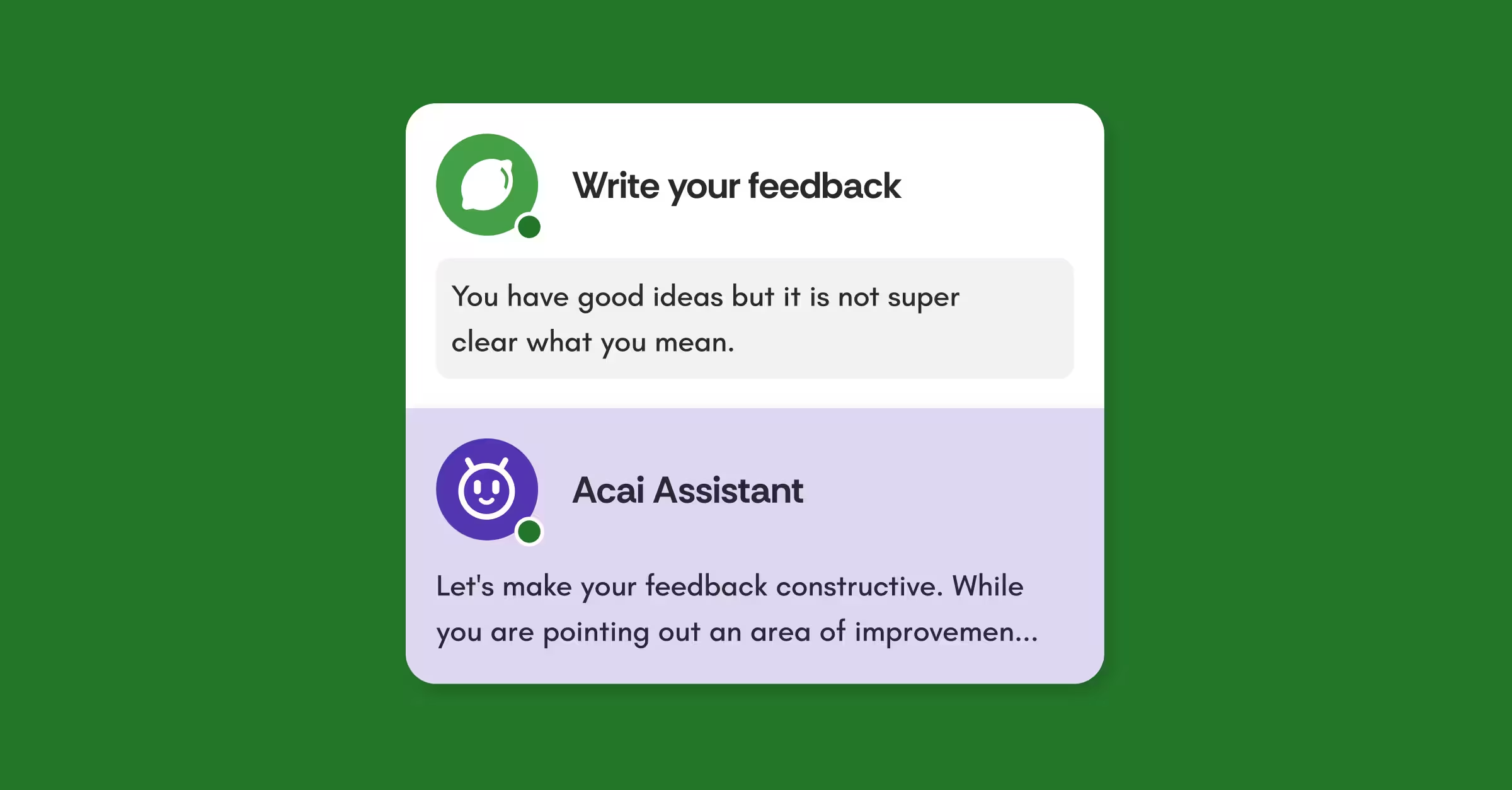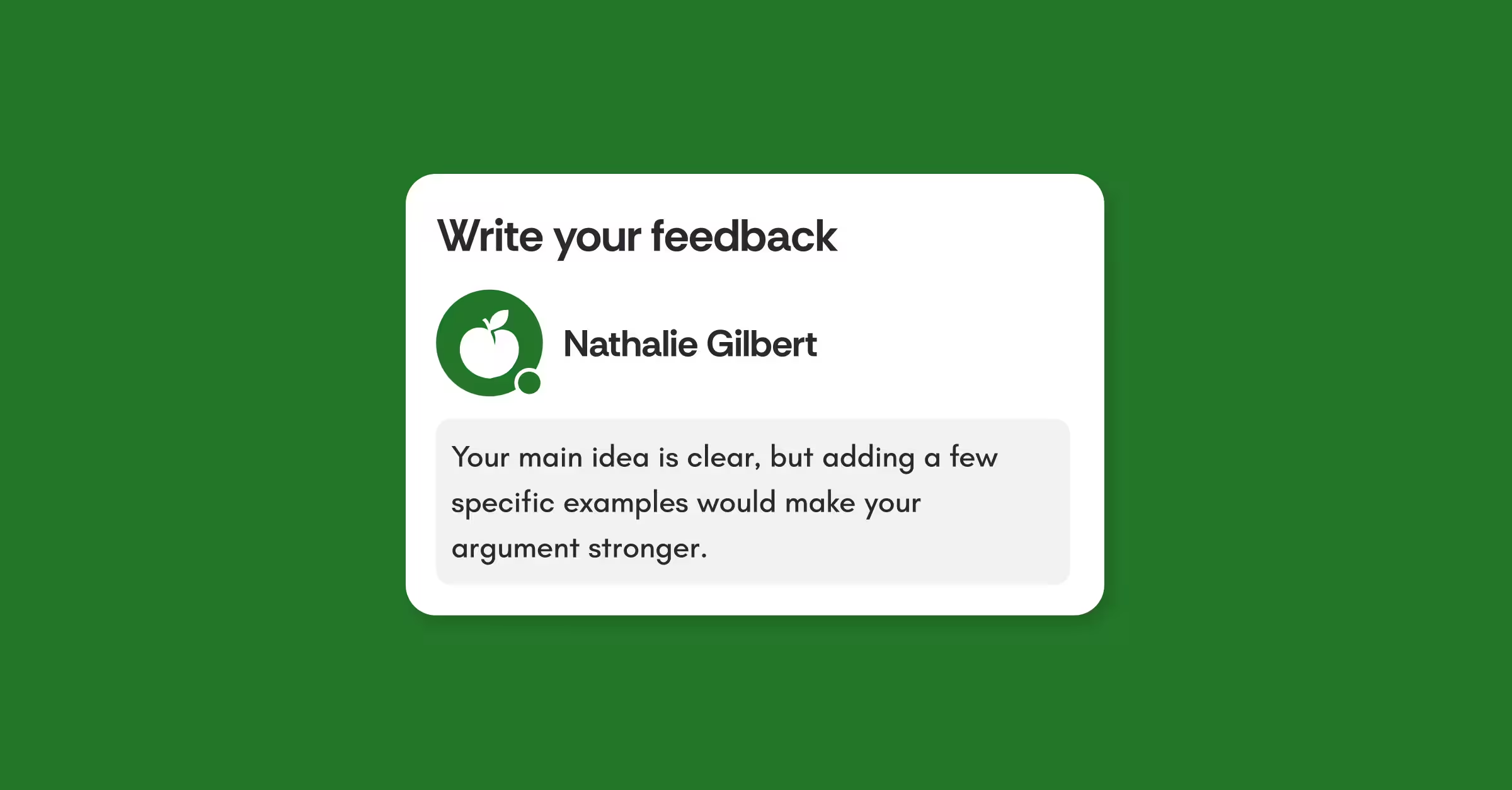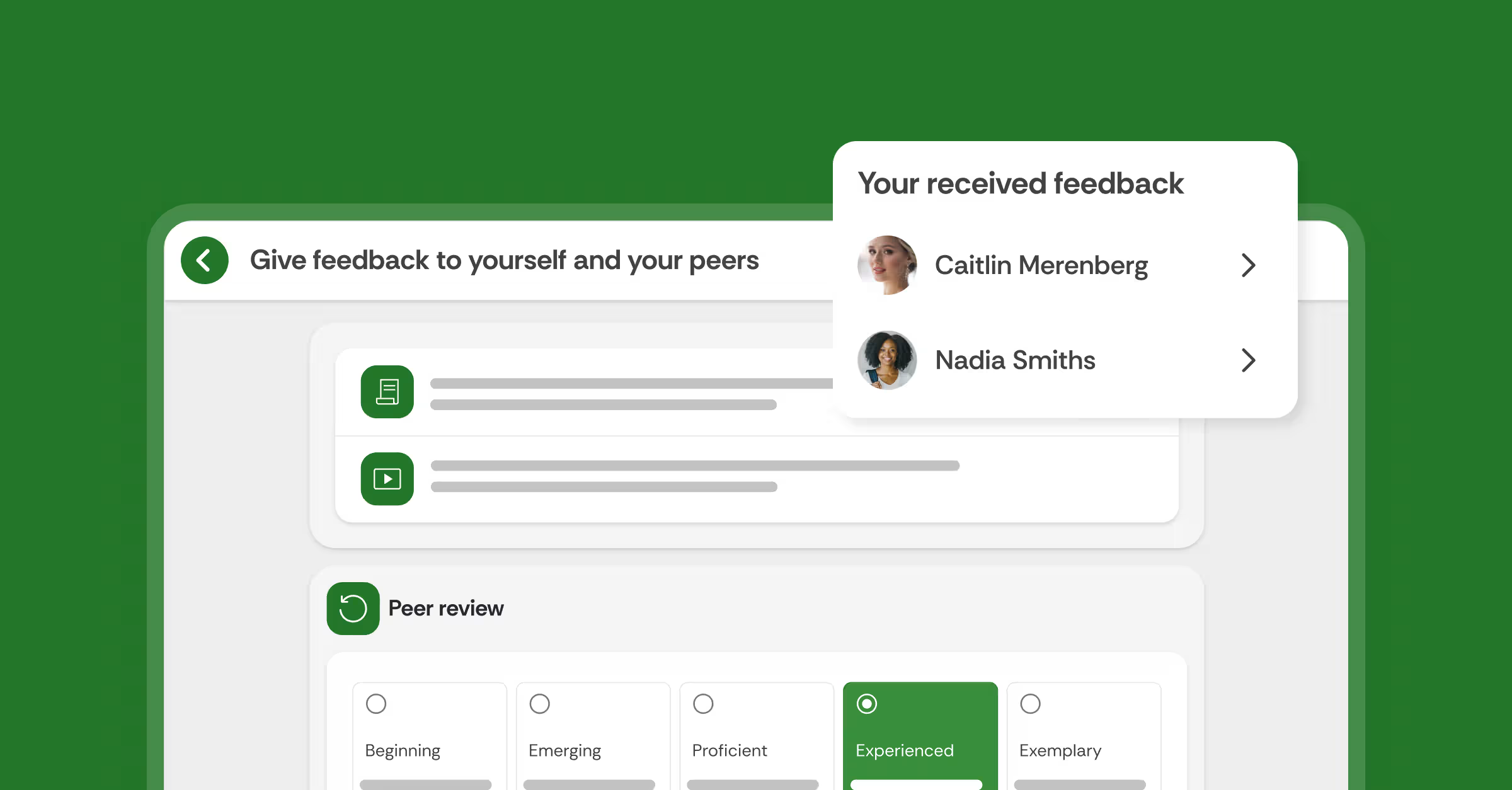Unlocking student potential with the Applied Soft Skills Pedagogy
This blog introduces the Applied Soft Skills Pedagogy—an instructional approach that enables students to actively develop critical soft skills like communication, collaboration, and leadership. Grounded in experiential learning and continuous feedback, it offers a structured framework for embedding soft skills development into business education. Educators will discover how tools like FeedbackFruits can support this pedagogy by facilitating peer review, reflection, and real-world application, as demonstrated in a case study from EDHEC Business School.

Introduction: What is Applied Soft Skills Pedagogy?
In today’s fast-paced business world, technical expertise alone is no longer enough. Employers increasingly seek graduates who excel in communication, teamwork, adaptability, and leadership—skills that are best developed through active practice and structured feedback. The Applied Soft Skills Pedagogy is an educational approach that integrates real-world application, iterative feedback, and self-reflection to cultivate these essential skills. Instead of learning about soft skills in theory, students experience them firsthand, ensuring deeper learning and long-term professional readiness.
Core Principles of Applied Soft Skills Pedagogy
Experiential learning as foundation
- Students engage in real or simulated business scenarios where they must apply soft skills in action rather than just learning about them conceptually
- Aligned with Kolb’s Experiential Learning Cycle, students move through concrete experiences, reflective observation, conceptualization, and active experimentation
Structured practice and iterative improvement
- Learning is not passive; students continuously refine their skills through intended practice and ongoing feedback loops
- Assignments are designed to be repeated with incremental improvements, similar to how professionals develop expertise in real work settings
Contextual learning in business environments
- Skills are not taught in isolation but are contextualized within authentic business challenges
- Students face situated learning where they can absorb skills within relevant industry contexts
Feedback-rich environment
- Students receive multiple sources of feedback: peer review, faculty guidance, self-assessment, among others
- Students are not just evaluated on outcomes but also on their process of learning, adaptation, and improvement
Reflection and metacognition
- Reflection is embedded into the learning process to help students internalize their experiences and understand how to transfer skills across different business contexts
- Students are encouraged to develop a growth mindset toward soft skills, recognizing them as trainable rather than fixed traits
The Applied Soft Skills Pedagogy differs from traditional business education approaches in several ways:
Traditional soft skills teaching
- Soft skills taught as theoretical concepts
- Assessment based on written reflections or exams
- Feedback primarily from professors
- One-off skill-building workshops
- Generic case studies
Applied soft skills pedagogy
- Soft skills developed through active application
- Assessment based on observable behavior and performance
- Multi-layered feedback system (peers, professors, etc.)
- Longitudinal development with iterative improvement
- Contextualized, real-world business experiences
Value proposition: Why Applied Soft Skills Pedagogy matters?
The evolving landscape of higher education, along with the rapidly changing demands of the business world, has highlighted the need for pedagogies that bridge the gap between academic learning and workplace expectations. Research highlights the value of structured practice and reflection in soft skills development, showing that students who engage in active skill application retain and transfer their learning more effectively than those in traditional lecture-based settings. By embedding soft skills training into business education, the Applied Soft Skills pedagogy ensures that students are workforce-ready, confident in their abilities, and prepared to collaborate in diverse professional environments.
Practical application
To bring the Applied Soft Skills pedagogy to life, educators need tools that foster collaboration, self-reflection, and continuous feedback—and this is where FeedbackFruits excels. Its suite of tools perfectly supports the structured learning cycles that define this pedagogy, ensuring that students actively practice and refine their soft skills in meaningful ways.
Real-world example: Developing coaching skills through peer feedback at EDHEC Business School
At EDHEC Business School, the implementation of Applied Soft Skills Pedagogy (ASSP) was successfully demonstrated through a peer-to-peer feedback initiative, designed to enhance student collaboration, critical thinking, and communication skills. This activity took place within a leadership course where students learned best practices for becoming effective coaches, reinforcing the role of structured feedback in leadership development.
Using FeedbackFruits Peer Review, students engaged in structured feedback exchanges, allowing them to evaluate each other’s work in iterations, provide constructive input, and reflect on their own performance.
This initiative provided an active learning environment where students developed essential soft skills in an authentic business context. The use of guided rubrics and multiple feedback rounds ensured that students not only received actionable insights but also learned how to give meaningful, professional feedback—an essential competency in today’s workplace.
For additional references or more details on the use case, please check the article “Leading the way in online feedback with EDHEC Business School”.
Final Thoughts
The Applied Soft Skills pedagogy is not just an educational trend: it is a necessary shift in preparing students for success in a complex, team-oriented business landscape. By integrating FeedbackFruits to their toolkit, educators can effectively implement structured, feedback-driven learning experiences that empower students to develop and apply their soft skills in real-world contexts. Under this pedagogy, students don’t just learn soft skills—they master them through experience.
Reference
Smith, J., & Lee, R. (2021). Experiential learning and student motivation in soft skills acquisition. Journal of Educational Technology Systems, 50(2), 123-140
National Society of Leadership and Success. (2022). Bridging the soft skills gap: Higher education and workforce preparedness
















![[New] Competency-Based Assessment](https://no-cache.hubspot.com/cta/default/3782716/interactive-146849337207.png)










